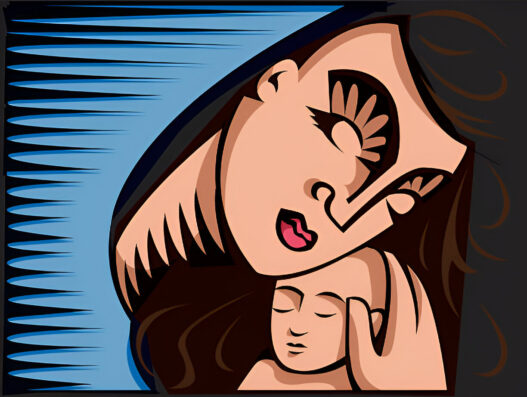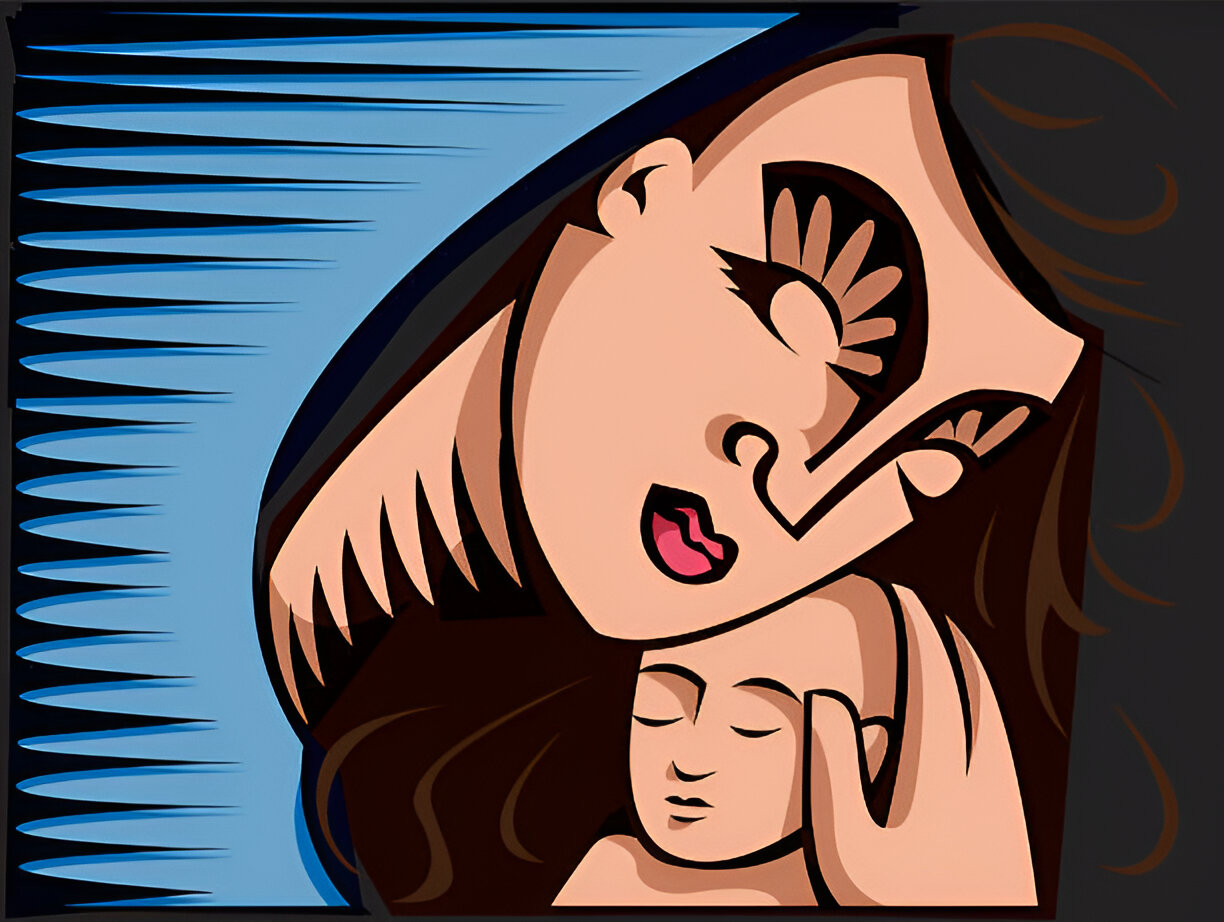The Indian legal system has undergone a significant overhaul with the introduction of the Bharatiya Nyaya Sanhita (BNS) and the Bharatiya Nagarik Suraksha Sanhita (BNSS) in 2023. These new criminal laws, which aim to replace the Indian Penal Code (IPC) and the Code of Criminal Procedure (CrPC) respectively, introduce over 600 changes, with a major focus on making the system more victim-centric, technologically adept, and gender-sensitive. This blog post outlines the key changes impacting women and children under these new laws.
Background and Intent of the New Criminal Laws
The BNS and BNSS are designed to modernize the criminal justice system, making it more transparent, swift, credible, and accountable. Some of the key goals of these laws include:
-
Modernizing Language: Updating legal language and terminology to be more relevant and easier to understand.
-
Reorganizing Offenses: Restructuring and consolidating offenses for better clarity and coherence.
-
Prioritizing Victims and Witnesses: Placing the rights and needs of victims and witnesses at the center of the legal process.
-
Enhancing Public Engagement: Improving public accessibility and engagement with the criminal justice system.
-
Integrating Technology: Incorporating technology to streamline processes.
Key Changes in Definitions
-
Expanded Definition of “Victim”:
-
Old Law (CrPC): The requirement of the accused person being formally charged was a prerequisite for the term “victim,” which delayed the process of compensation.
-
New Law (BNSS): The definition of “victim” has been broadened to include any person who has suffered loss or injury due to the act of the accused, and it includes the legal heir or guardian. This change aims to expedite the process of victims getting compensation.
-
Women-Centric Changes
Several provisions in the new laws are designed to provide better protection for women:
-
Recording Victim Statements (Section 176(1) BNS):
-
In cases of rape, the statement of the victim must be recorded through audio-video means, to ensure transparency.
-
-
Recording Statements of Victims (Section 183(6)(a) BNSS):
-
In cases of offences against women, victim statements should be recorded by a woman Magistrate, where possible, and if not possible, by a male magistrate in the presence of a woman.
-
In cases of offences against women punishable with at least 10 years of imprisonment or life imprisonment, the Magistrate shall record the statement of witnesses.
-
-
Exemptions from Police Station Attendance (Section 179(1) BNSS):
-
Women, minors, persons above 60 years, persons with disabilities, and those with acute illness are exempted from having to appear at the police station.
-
However, if such a person is willing to attend the police station, they may do so.
-
-
Attendance at a Place of Residence (Section 195(1) BNSS):
-
Women, minors, persons above 60 years, persons with disabilities and those with acute illness are not required to attend any place other than their residence. If they are willing to attend the police station, they may be allowed to do so.
-
Changes Affecting Women: Information, Investigation, and Documents
-
Zero FIR (Section 173(1) BNSS):
-
The concept of “Zero FIR” has been formalized, making it mandatory for police to register an FIR even if the offense occurred outside their jurisdiction.
-
-
Electronic FIR (Section 173(1) BNSS):
-
The law now allows filing of FIRs through electronic means.
-
-
Free Copies of FIR (Section 173(2) BNSS):
-
The victim is entitled to a free copy of the FIR.
-
-
Progress Updates (Section 193(3)(ii) BNSS):
-
Police must inform the victim or informant of the investigation progress within 90 days using technology.
-
Changes in Process to Compel Appearance
-
Gender Neutrality (Section 66 BNSS):
-
Women are included as an adult member of the family for serving summons, replacing the previous reference to “some adult male member.”
-
Changes in Order for Maintenance
-
Maintenance Order (Section 145 BNSS):
-
Both father and mother can now seek maintenance orders from the place where they reside, removing the previous limitation of it being the son’s place of residence.
-
General Provisions for Inquiries and Trials
-
Opportunity to be Heard (Section 360 BNSS):
-
Victims must be given an opportunity to be heard before the withdrawal of prosecution.
-
-
Time Bound Judgements (Section 392 BNSS):
-
Judgments must be pronounced within 45 days from the termination of the trial.
-
The court must upload a copy of the judgment on its portal within 7 days, and an accused in custody can be brought to hear the judgement through audio-video means.
-
Witness Protection Scheme (Section 398 BNSS)
-
The law mandates the creation of a witness protection scheme to ensure that witnesses can testify without fear or duress.
General Reforms Introduced
-
Electronic Evidence:
-
The new laws include provisions for the admissibility of electronic evidence, with depositions of witnesses through audio-video means.
-
-
Search and Seizure:
-
Videography of search and seizure processes is mandatory.
-
The police must record their reasons for conducting a search at a place.
-
The police can now seize properties acquired through proceeds of crime, with court permission.
-
-
Arrest and Custody:
-
The law now includes a notice of appearance for an arrested person.
-
There are restrictions on using handcuffs while effecting arrest.
-
Police custody is limited to 15 days, spread over 40-60 days.
-
A separate medical examination is required for people arrested while in police custody.
-
There is no scope for house arrest, and detention must be in a police station, prison or other notified place.
-
-
Summary Trials: The power of a Magistrate to try cases summarily is expanded to include cases with a punishment of up to 3 years.
Reorganization of Offenses
-
Offenses against women and children, previously scattered throughout the IPC, have been consolidated under Chapter-V of the BNS.
-
These offences have been given precedence over other offences.
-
The BNS has only 358 sections compared to 511 sections in the IPC, 1860.
New Offenses Introduced
-
Sexual Intercourse by Deceitful Means (Section 69 BNS):
-
Sexual intercourse through false promise of marriage, employment, or suppression of identity is now punishable with imprisonment up to ten years.
-
-
Hiring or Employing a Child for Offenses (Section 95 BNS):
-
Hiring or using a child to commit an offense is punishable with imprisonment from three to ten years, and if the offence is committed, the person shall be punished as if they themselves had committed the offence.
-
Age Enhancements
-
The age of consent for sexual acts by a man with his own wife is increased from 15 years to 18 years.
-
The age of a minor girl, for kidnapping, has been changed to any child.
Merged Sections and Enhanced Punishment
-
Sections pertaining to gang rape, and rape of a woman under 16 and 12 years old have been merged with enhanced punishments.
-
The punishment for buying or hiring a child for prostitution has been increased to not less than 7 years and extending to 14 years imprisonment.
Gender Neutrality Introduced
-
The provisions related to assault, use of criminal force to disrobe, and voyeurism have been made gender-neutral, and are no longer limited to offenses against women.
-
The definition for kidnapping has been made gender neutral, and the previous differential for girls and boys has been removed.
Conclusion
The Bharatiya Nyaya Sanhita and Bharatiya Nagarik Suraksha Sanhita, 2023, represent a significant attempt to modernize and strengthen the Indian criminal justice system, with a particular emphasis on protecting the rights and safety of women and children. These changes not only seek to make the system more efficient, but also more sensitive, and victim-centric.




